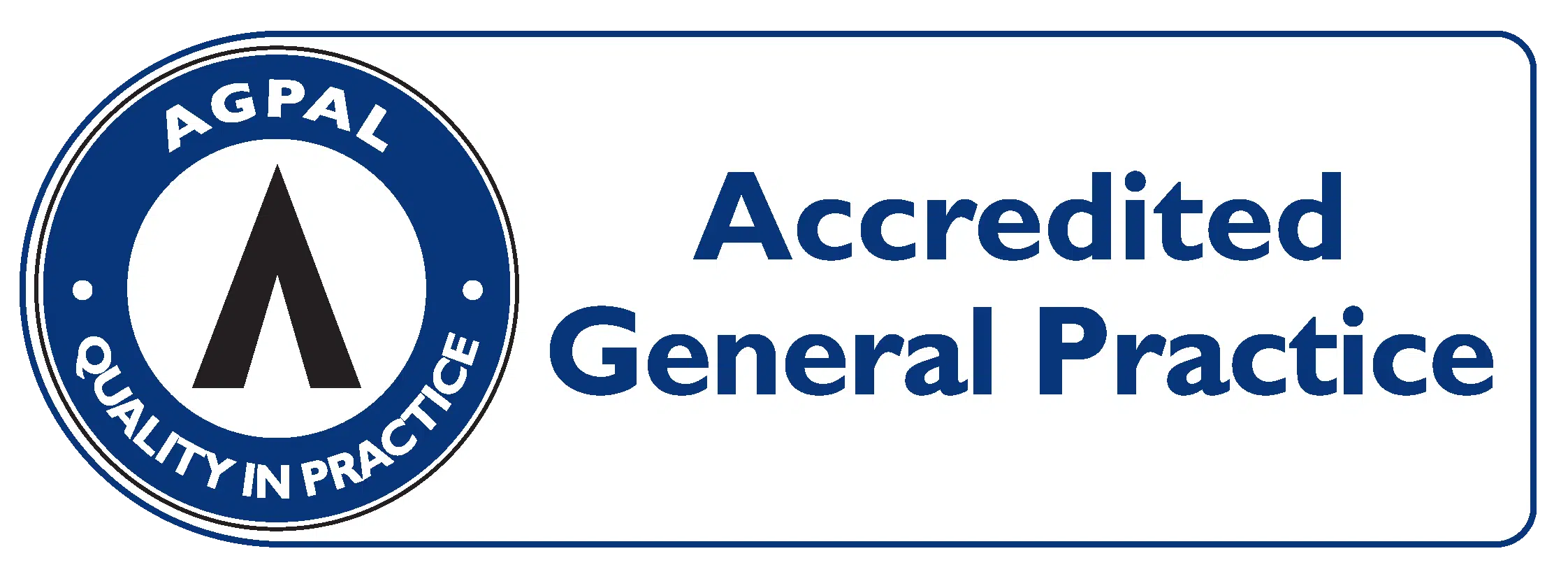October is Breast Cancer awareness month.
Breast cancer occurs when Cancer or malignant cells start in the tissue of the breasts.
Statistics:
In Australia about 20,000 people diagnosed with breast cancer every year.
Breast cancer is the most common cancer in Australian women: one in seven will be diagnosed in their lifetime.
Young women get breast cancer, but it is more common over the age of 40, and risk increases with age.
About 160 Australian men are diagnosed with breast cancer each year — most aged over 50. It is treated in the same way as for women
Any transgender woman taking medicines to boost female hormones and lower male hormones has an increased risk of breast cancer (compared to a man). A transgender man, who has had breasts removed in a nipple-sparing mastectomy (usually called top surgery), can still get breast cancer because small amounts of breast tissue may remain after surgery.
Risk Factors:
- Gender: Breast cancer occurs more commonly in women than in men.
- Age: Two out of three women with invasive cancer are diagnosed after age 50.
- Race: Breast cancer is diagnosed more often in Caucasian women than women of other races.
- Obesity: Obesity is a risk factor for both men and women.
- Family History and Genetic Factors: If a person’s mother, sister, father or child has been diagnosed with breast or ovarian cancer, there is a higher risk of being diagnosed with breast cancer in the future. The risk increases if your relative was diagnosed before the age of 50. About 5–10% of breast cancers are due to an inherited breast cancer gene such as BRCA1 or BRCA 2.
- Most people with breast cancer do not have a strong family history.
- Personal Health History: If you have been diagnosed with breast cancer in one breast, you have an increased risk of being diagnosed with breast cancer in the other breast in the future
- Menstrual and Reproductive History: Early menstruation (before age 12), late menopause (after 55), having your first child at an older age, or never having given birth can also increase the for breast cancer.
- Dense Breast Tissue: Having dense breast tissue can increase the risk for breast cancer and make lumps harder to detect.
- Lack of Physical Activity: A sedentary lifestyle with little physical activity can increase the risk for breast cancer.
- Poor Diet: A diet high in saturated fat, animal fat and lots of animal milk products and lacking fruits and vegetables can increase the risk for breast cancer.
- Being Overweight or Obese: Being overweight or obese can increase the risk for breast cancer.
- Drinking Alcohol: Frequent consumption of alcohol increases risk for breast cancer. The more alcohol is consumed, the greater the risk.
- Radiation to the Chest: Having radiation therapy to the chest before the age of 30 can increases risk for breast cancer.
- Hormone Replacement Therapy (HRT/ MHT): Taking combined hormone replacement therapy, as prescribed for menopause, or Transgender women taking gender-affirming hormones for more than 5 years increases risk for breast cancer and increases the risk that the cancer will be detected at a more advanced stage.
Symptoms of Breast Cancer
Not everyone who is diagnosed with breast cancer has symptoms. Many breast cancers have no symptoms initially. New breast changes may not mean cancer, but see a doctor if you have:
- a lump, lumpiness or thickening, especially in just one breast
- a change in the size or shape of the breast or swelling
- a change to the nipple – change in shape, crusting, sores or ulcers, redness, pain, a clear or bloody discharge, or a nipple that turns in (inverted) when it used to stick out
- a change in the skin – dimpling or indentation, a rash or itchiness, a scaly appearance, unusual redness or other colour changes
- swelling or discomfort in the armpit or near the collarbone
- ongoing, unusual pain not related to your monthly menstrual cycle, that remains after your period and is in one breast only.
- If you are concerned.
Most breast changes aren’t caused by cancer. If you have symptoms, see your doctor without delay.
To Reduce Risk Of Breast Cancer
- Maintain a healthy weight
- Stay physically active
- Eat fruits and vegetables
- Do not smoke
- Limit alcohol consumption
- Some food that may help decrease incidence of breast cancer:
- Mushrooms
- Green tea
- Red cabbage
- Carrots
- Radishes
- Sweet potatoes
- Grapes
- Beetroots
- Pomegranates and
- apples




Recent Comments